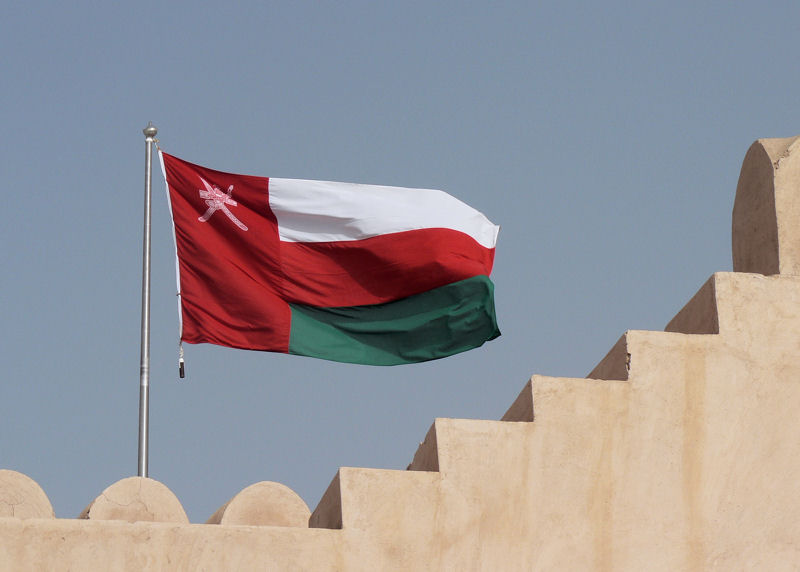Oman has adopted an austerity budget for 2016 with a projected deficit of $8.6b in order to tackle the 50% decline in state revenue by introducing economic diversification, increasing non-oil revenues, and encouraging private sector investments, revealed Gulf News.
The Omani government is seeking to stimulate economic growth through spending on economic and social priority projects, raising income tax rates on companies and institutions, and reducing tax exemptions, which is always a controversial policy option in the Gulf oil producing states. It will also pursue a diversification strategy to increase non-oil revenue to 28% of the state budget, wrote the Times of Oman.
In addition, Muscat opts for reducing administrative spending on car fleets or training courses for staff. Energy efficiency is another tactic to cut down on power consumption by introducing energy-saving LED bulbs, and assigning all electricity and water maintenance work to private companies. The budget is to amend fuel prices, bringing them in line with global prices.
The projected budget deficit for 2016 is expected to reach 38% of the total revenue and 13% of GDP, and it will be financed through borrowing from both domestic and overseas markets.
The austerity trend in the Gulf countries projected in their 2016 budgets has been caused by the fall in oil prices that began in 2014.












